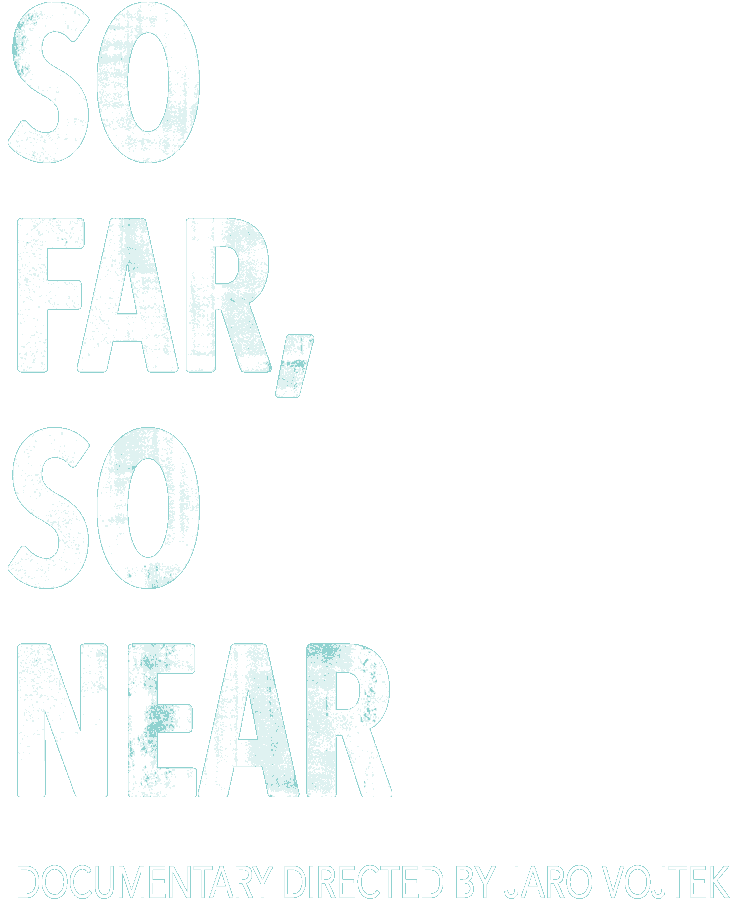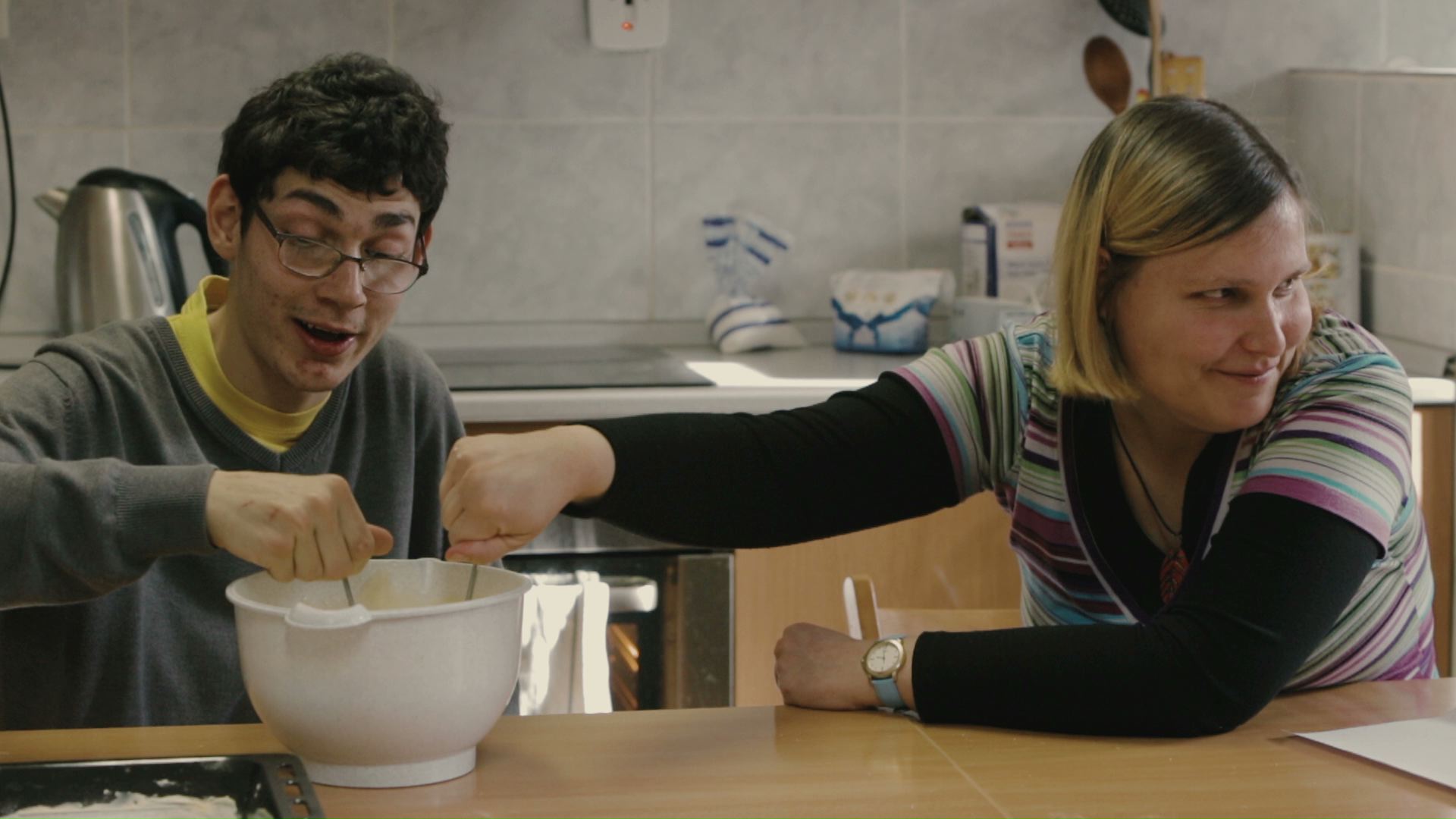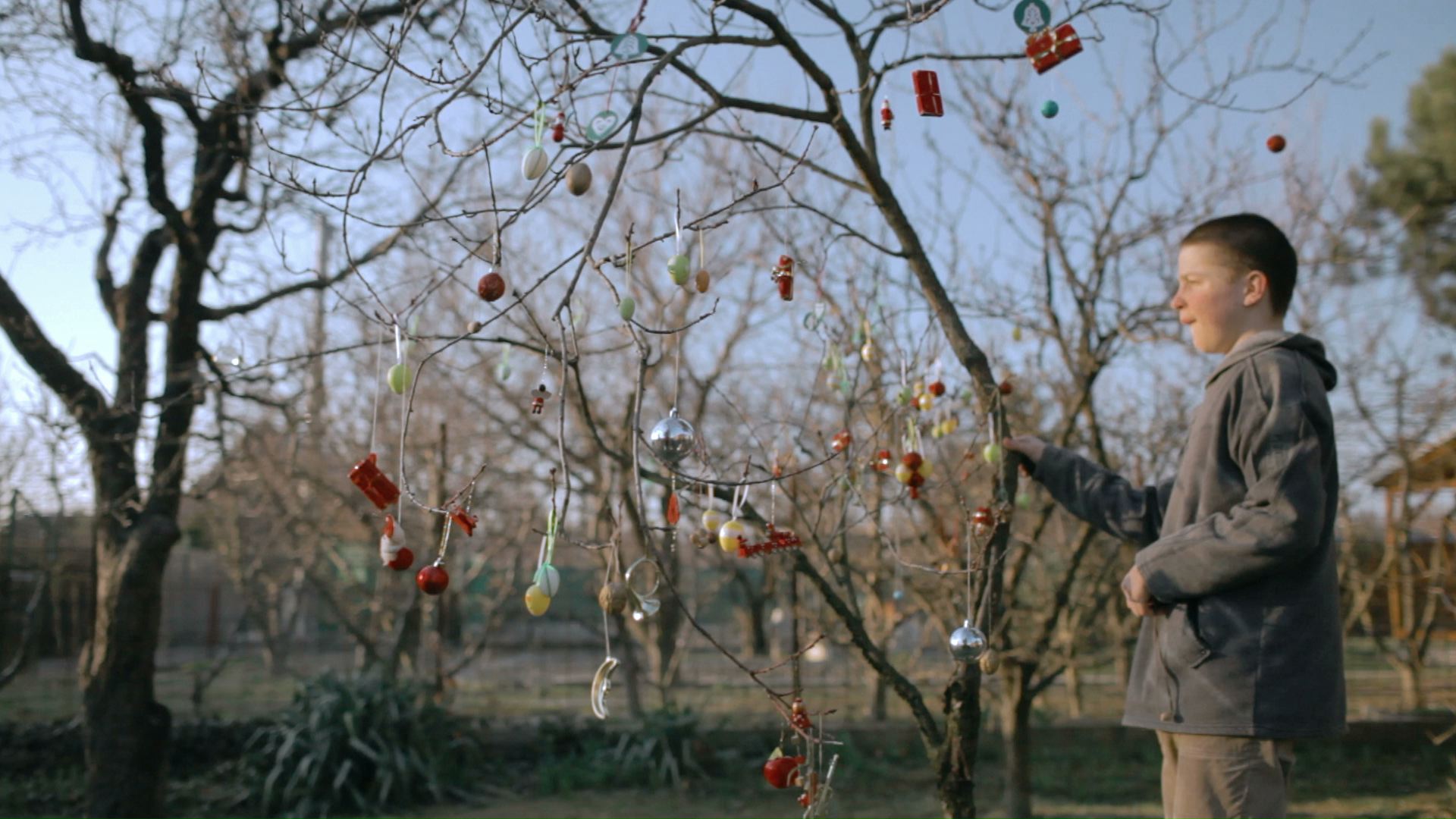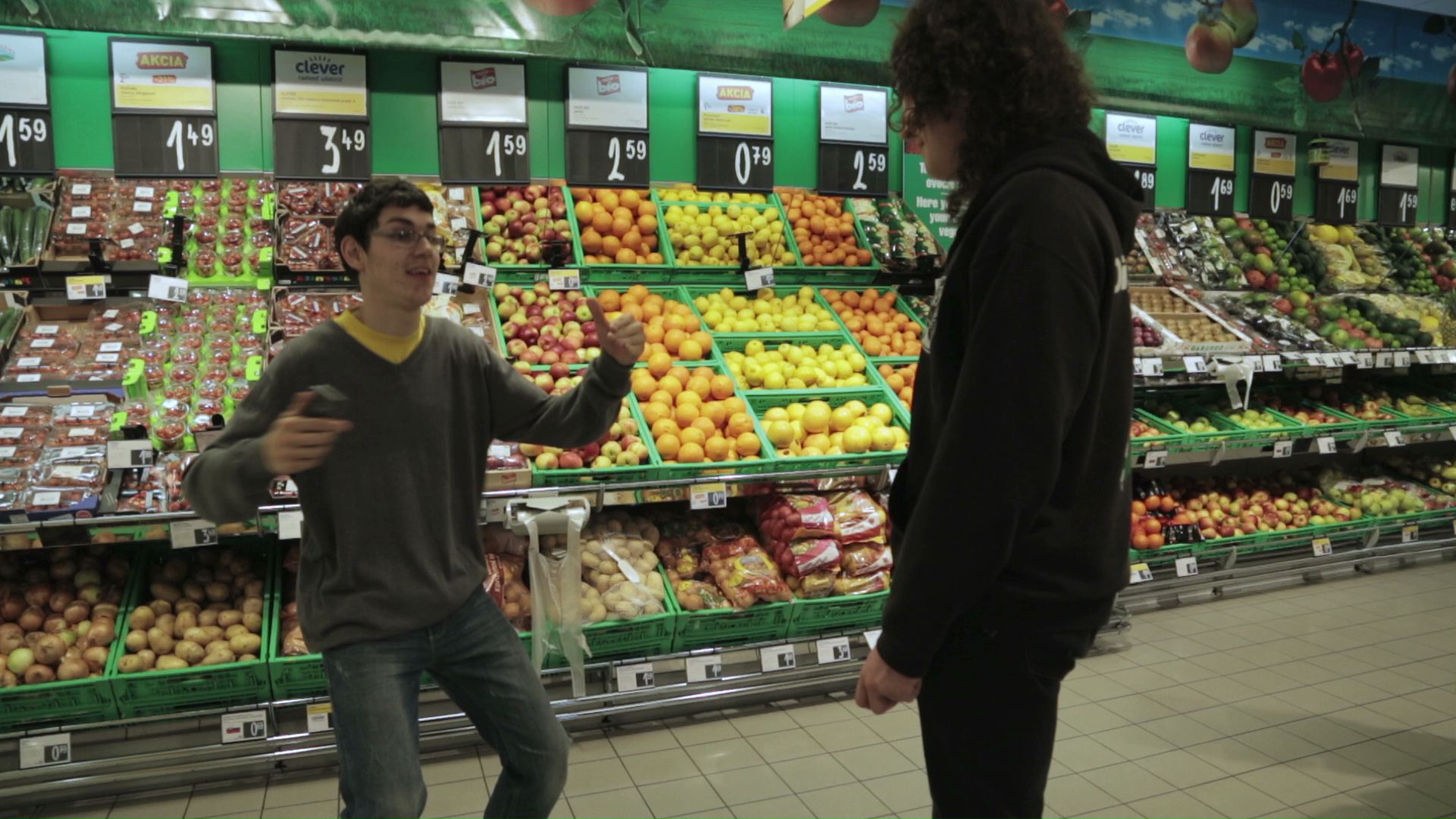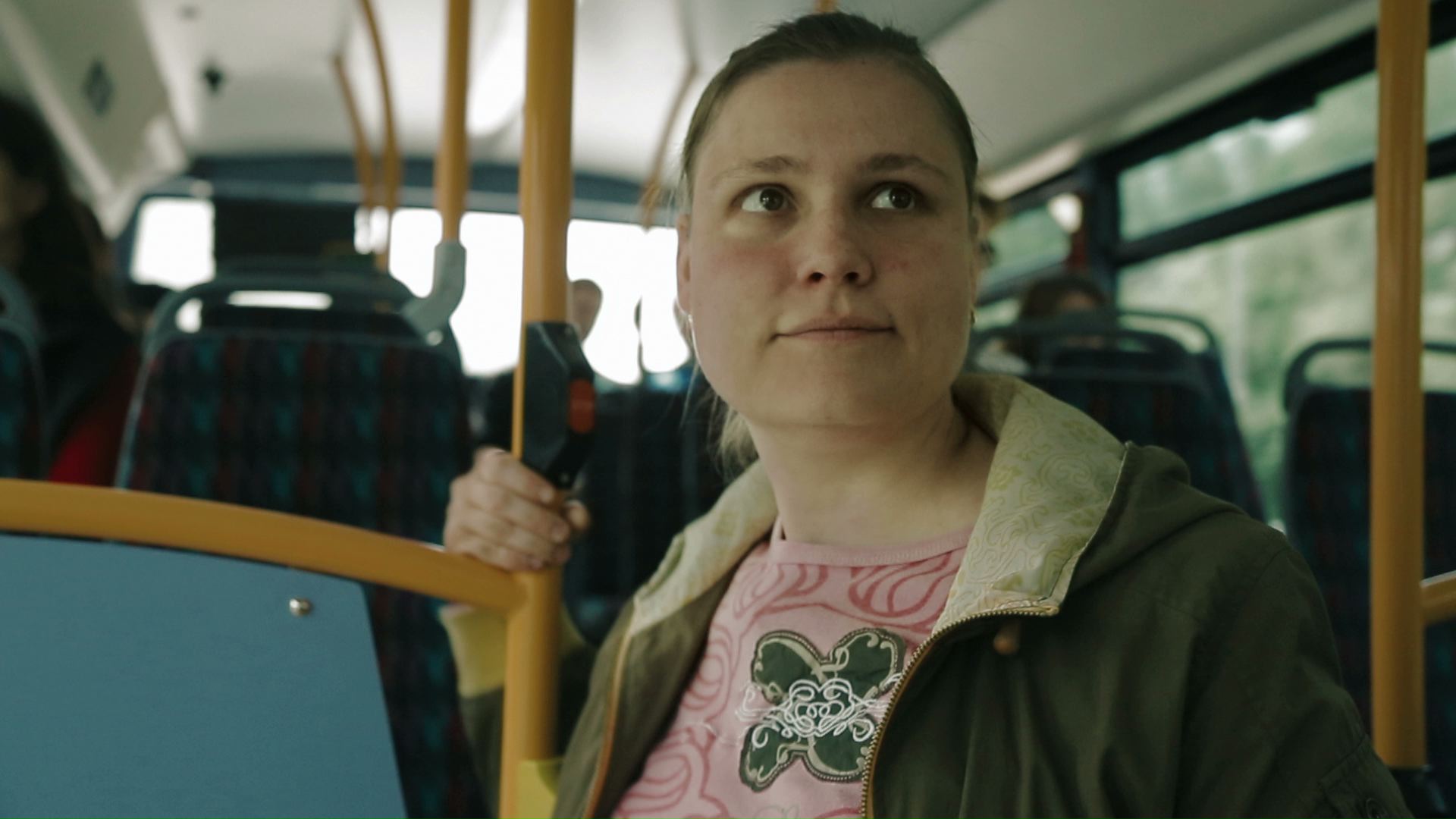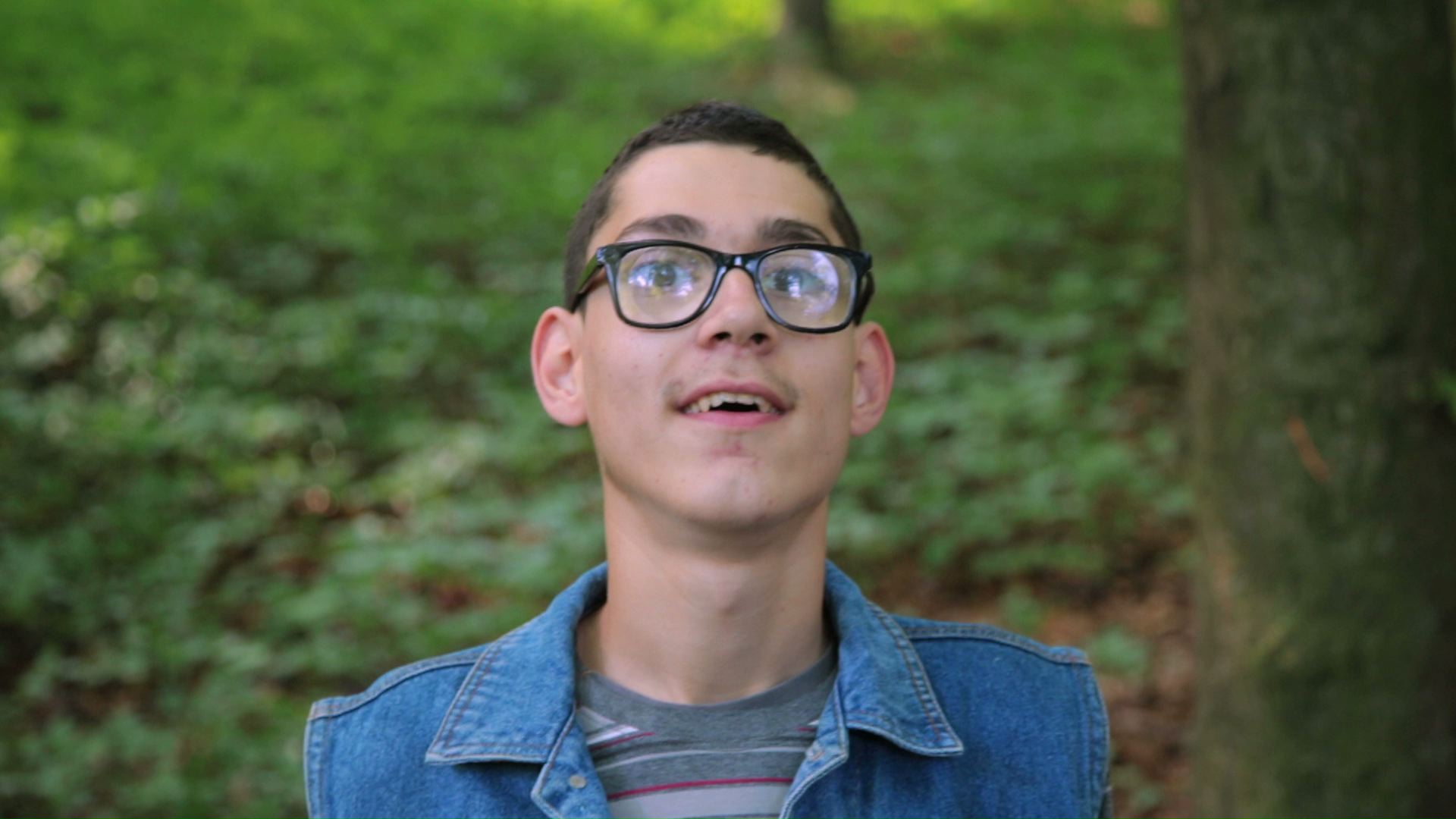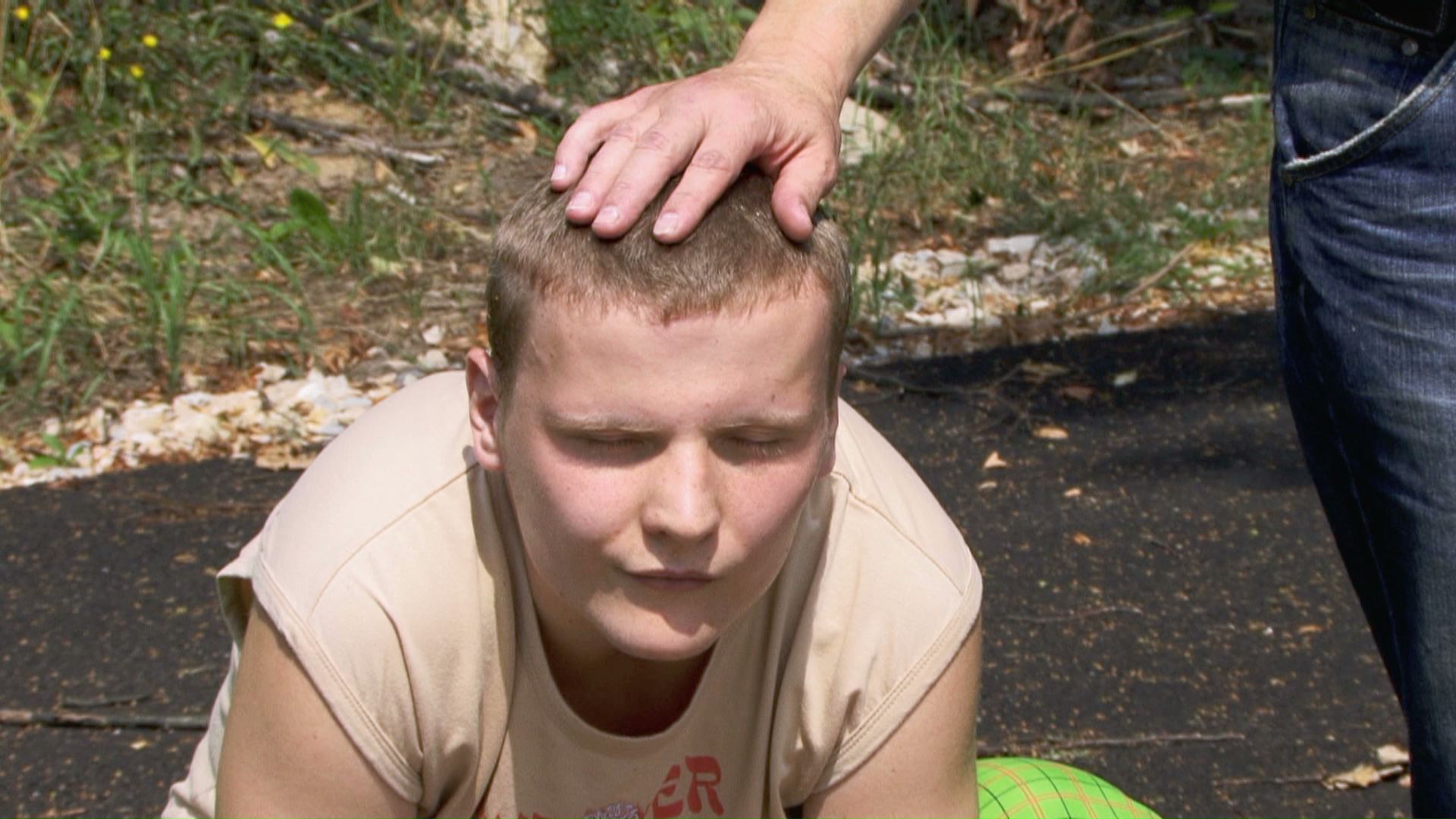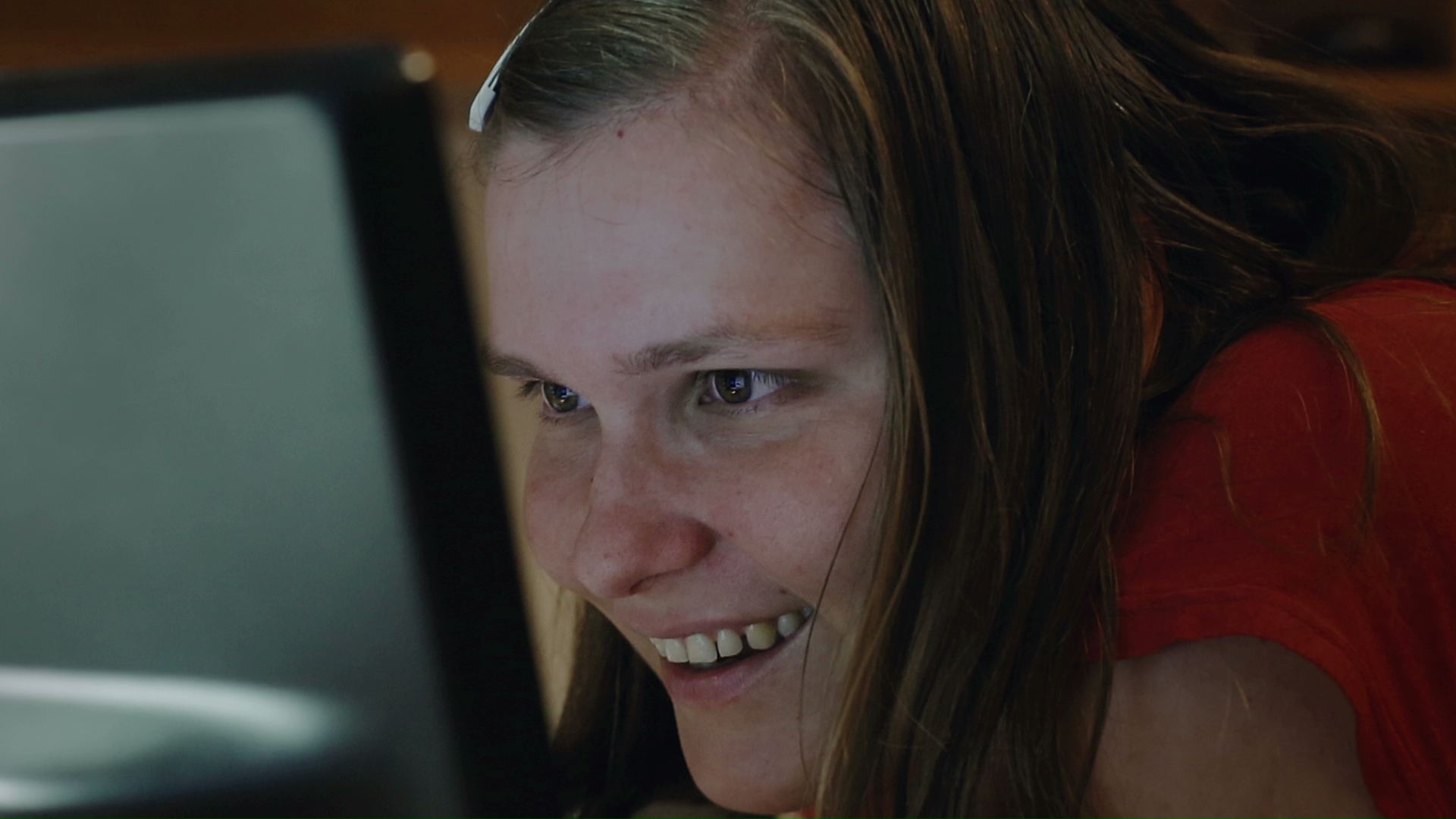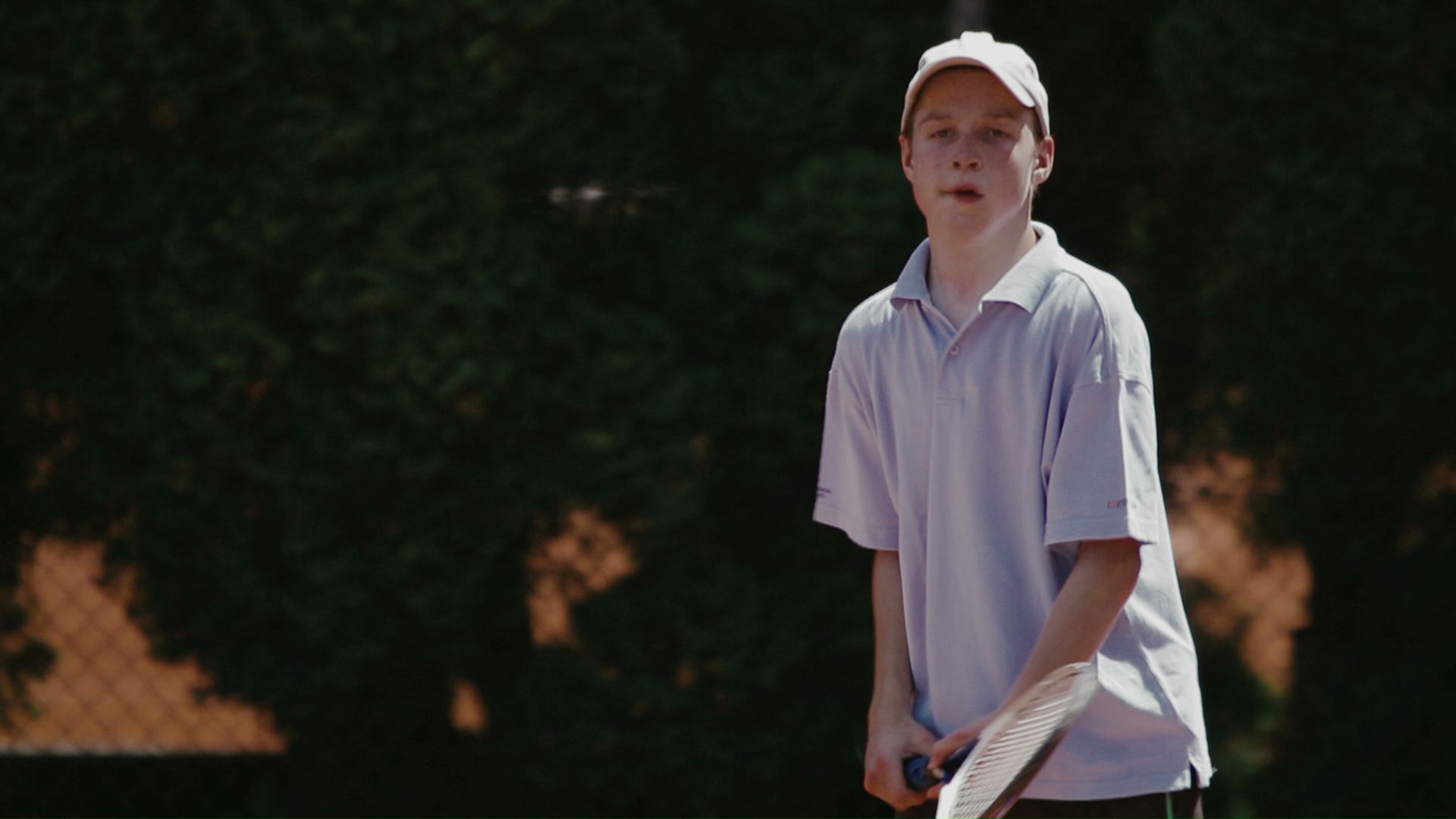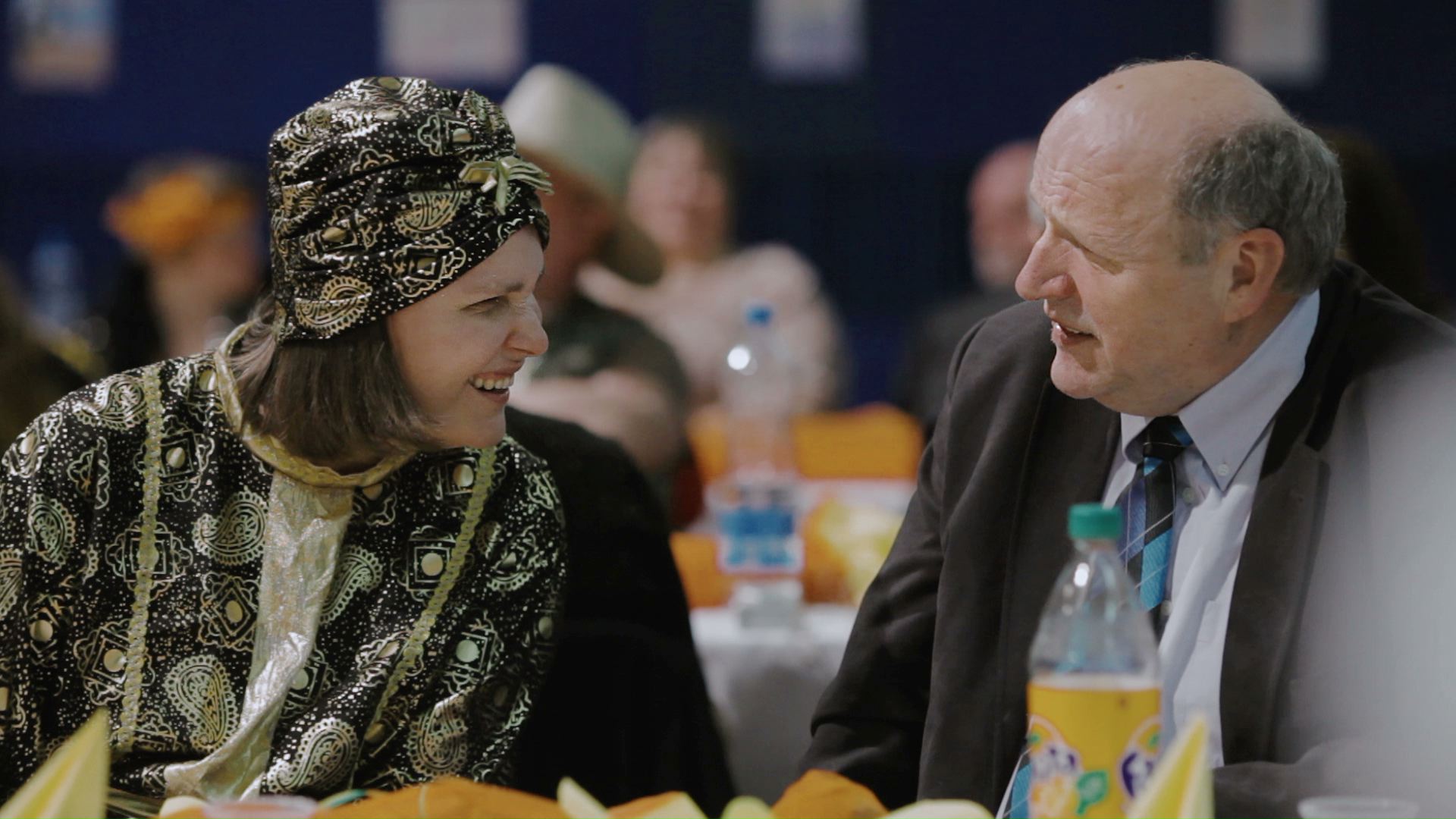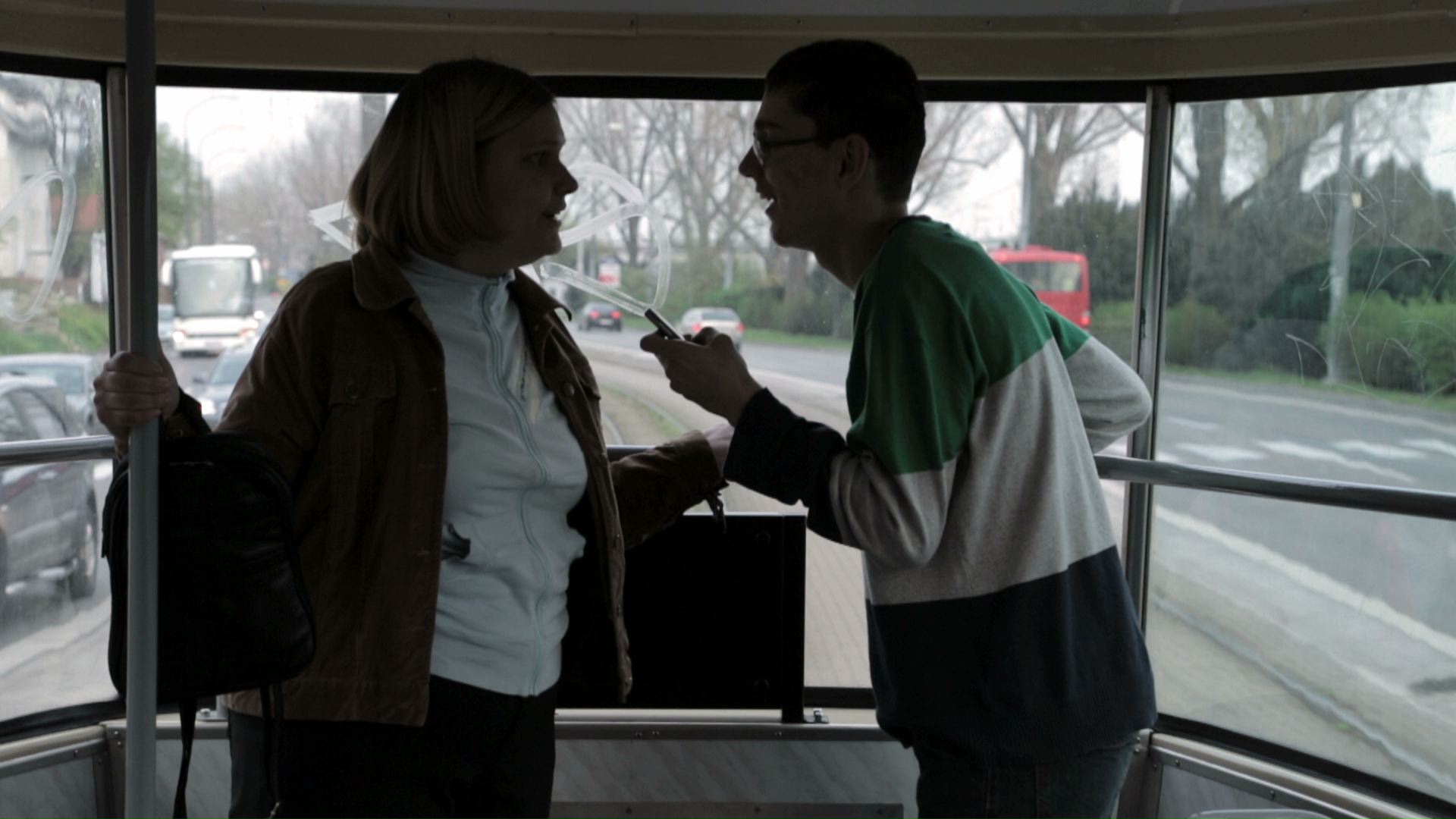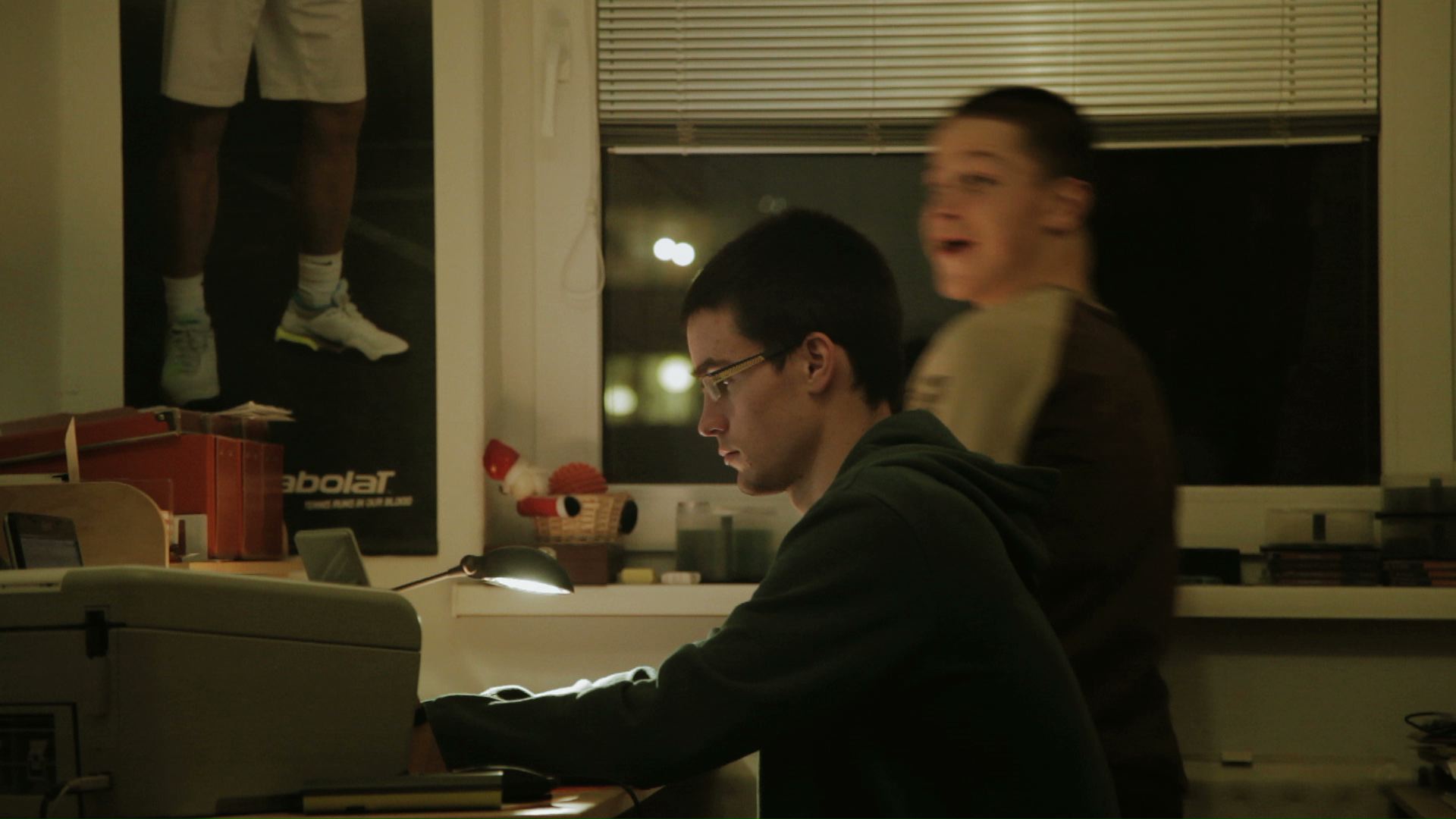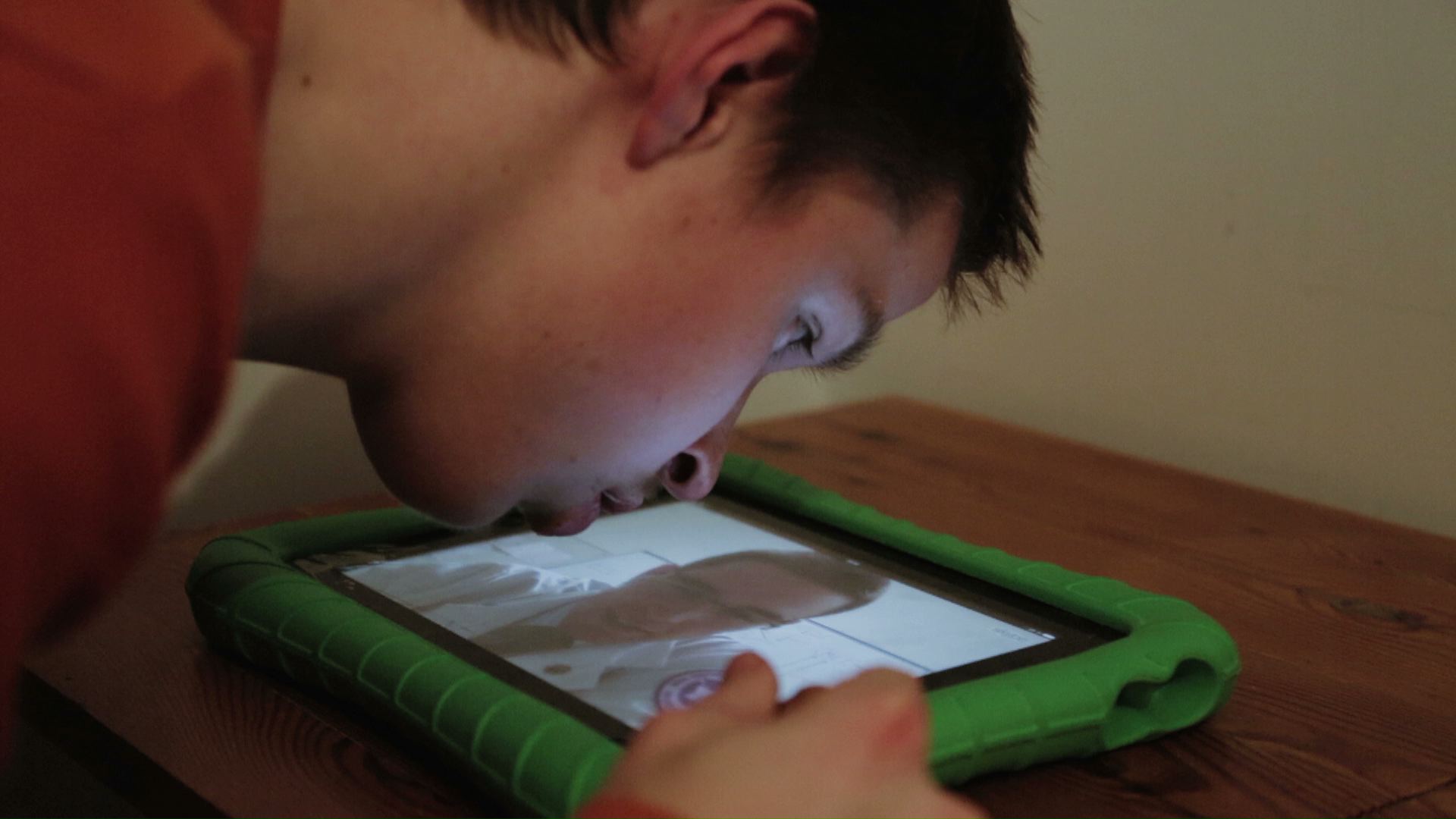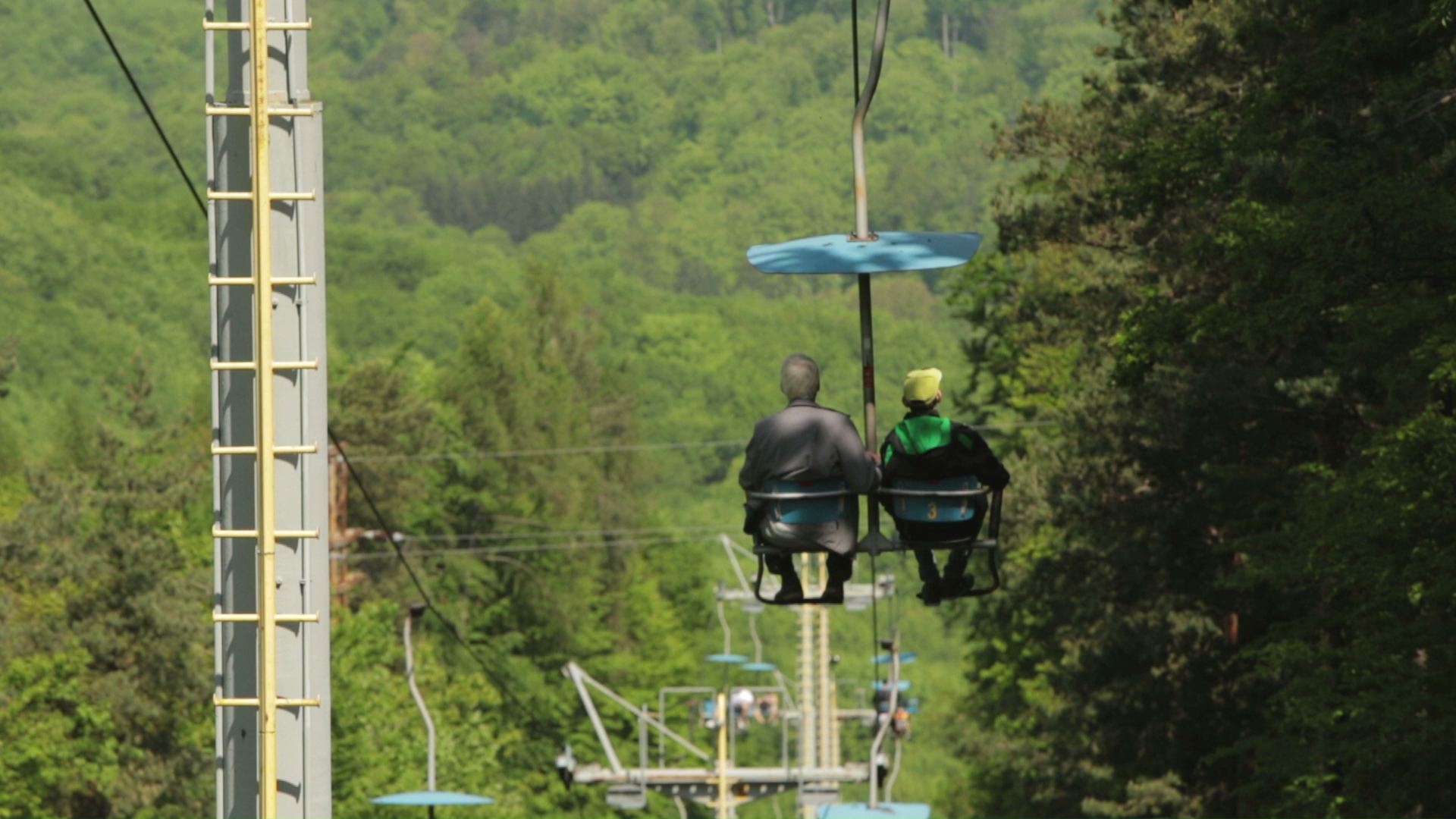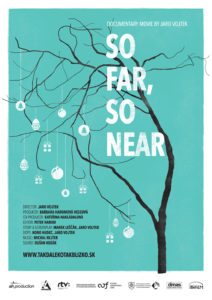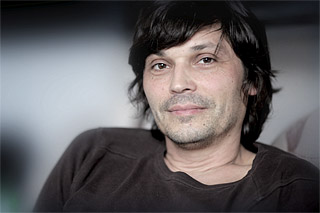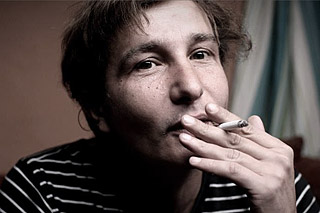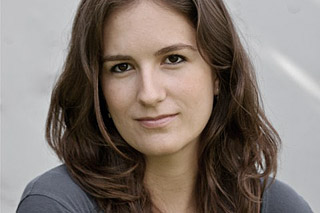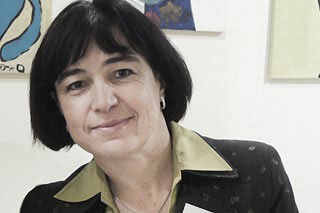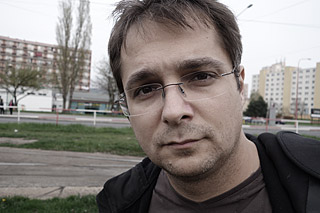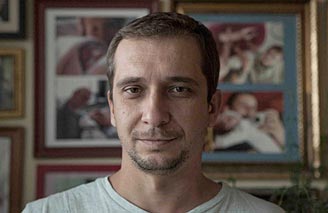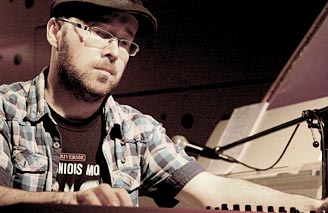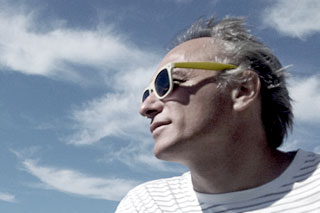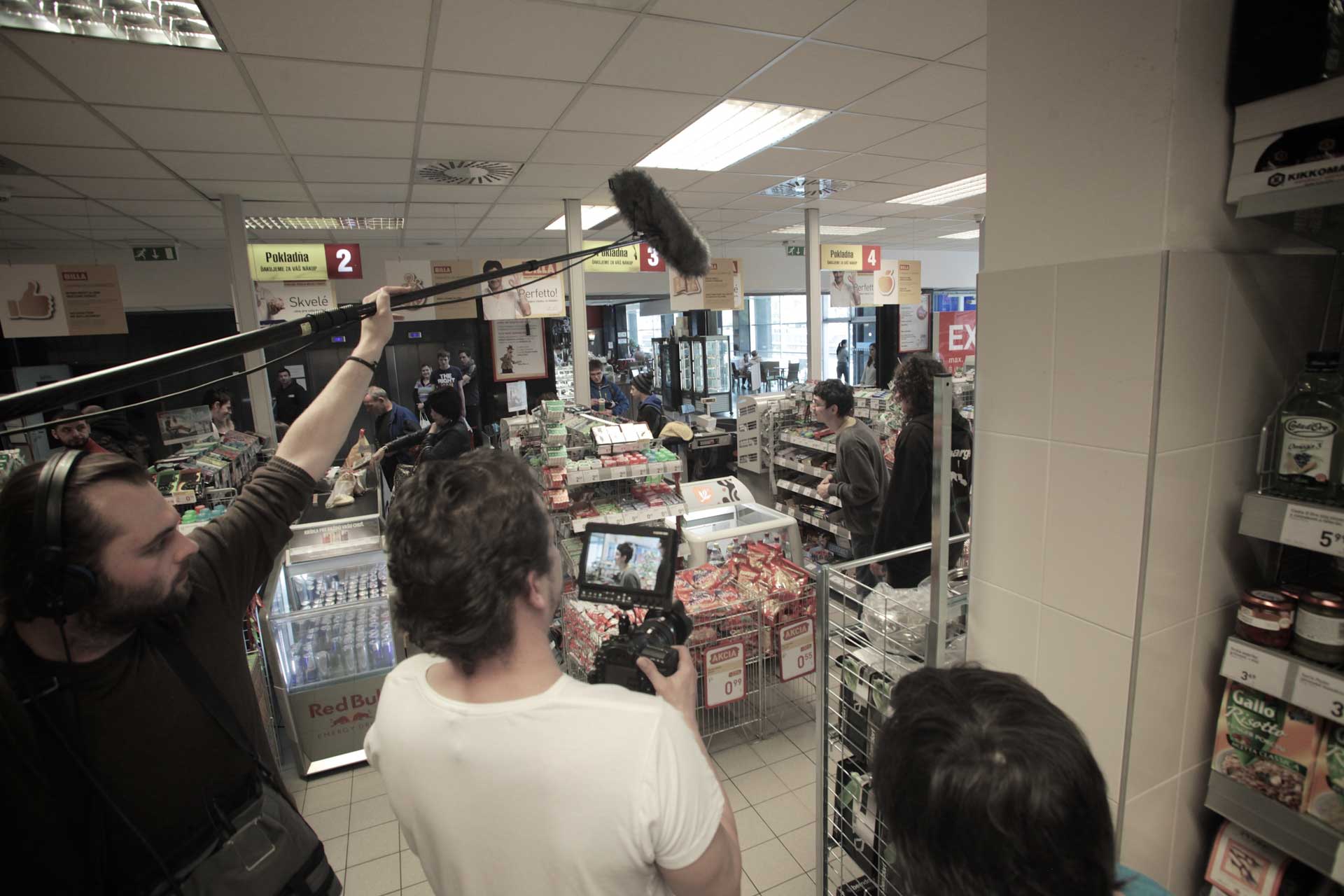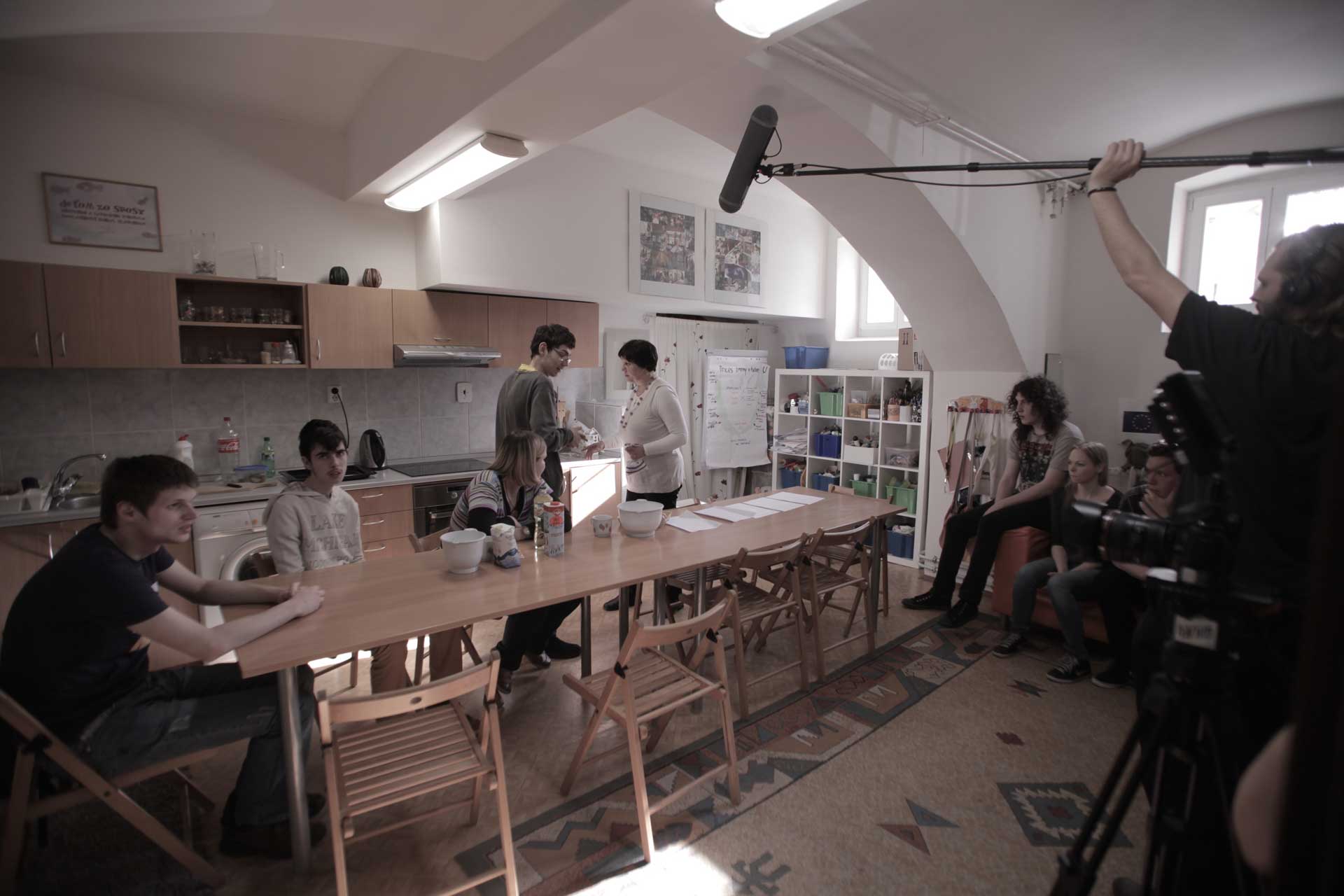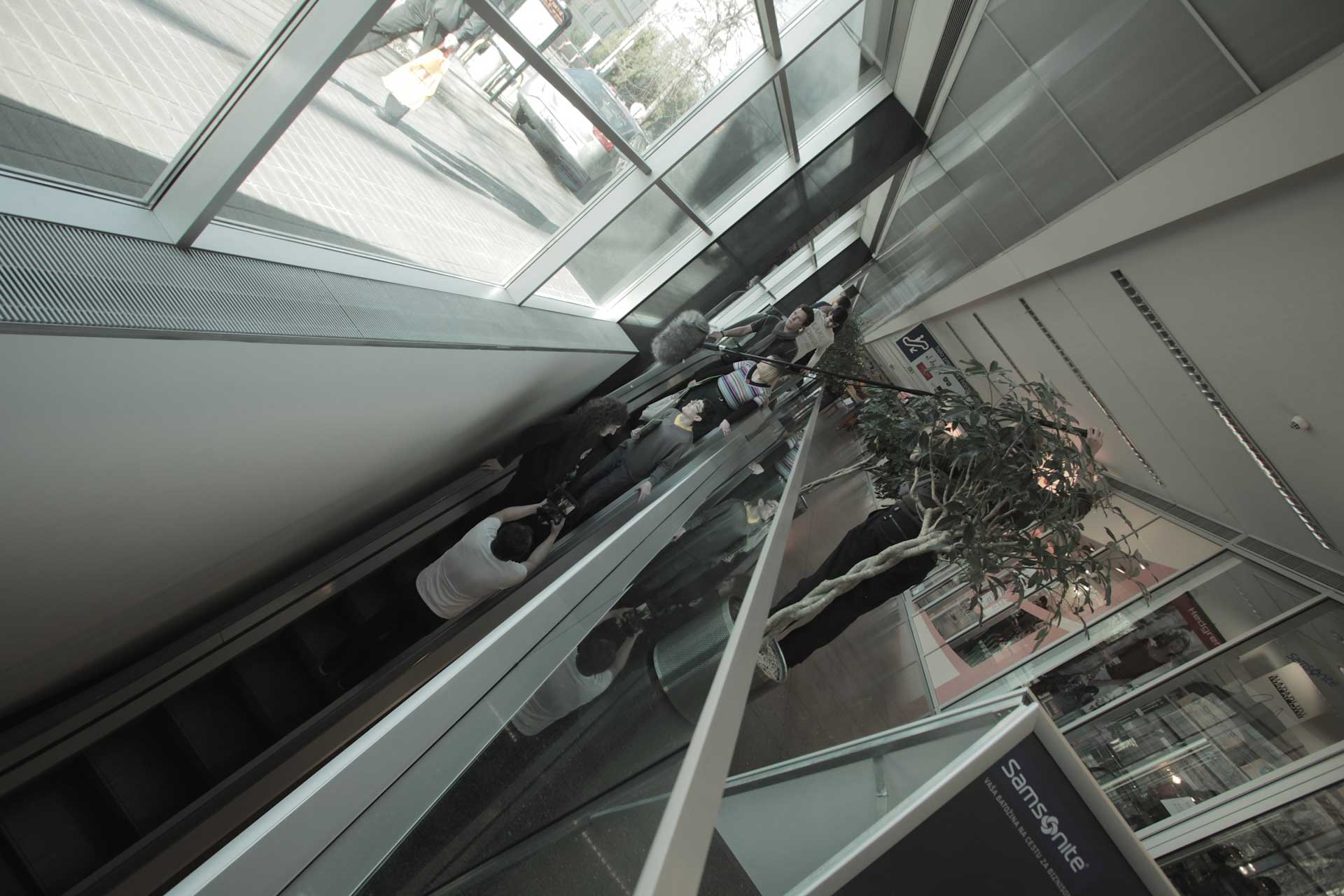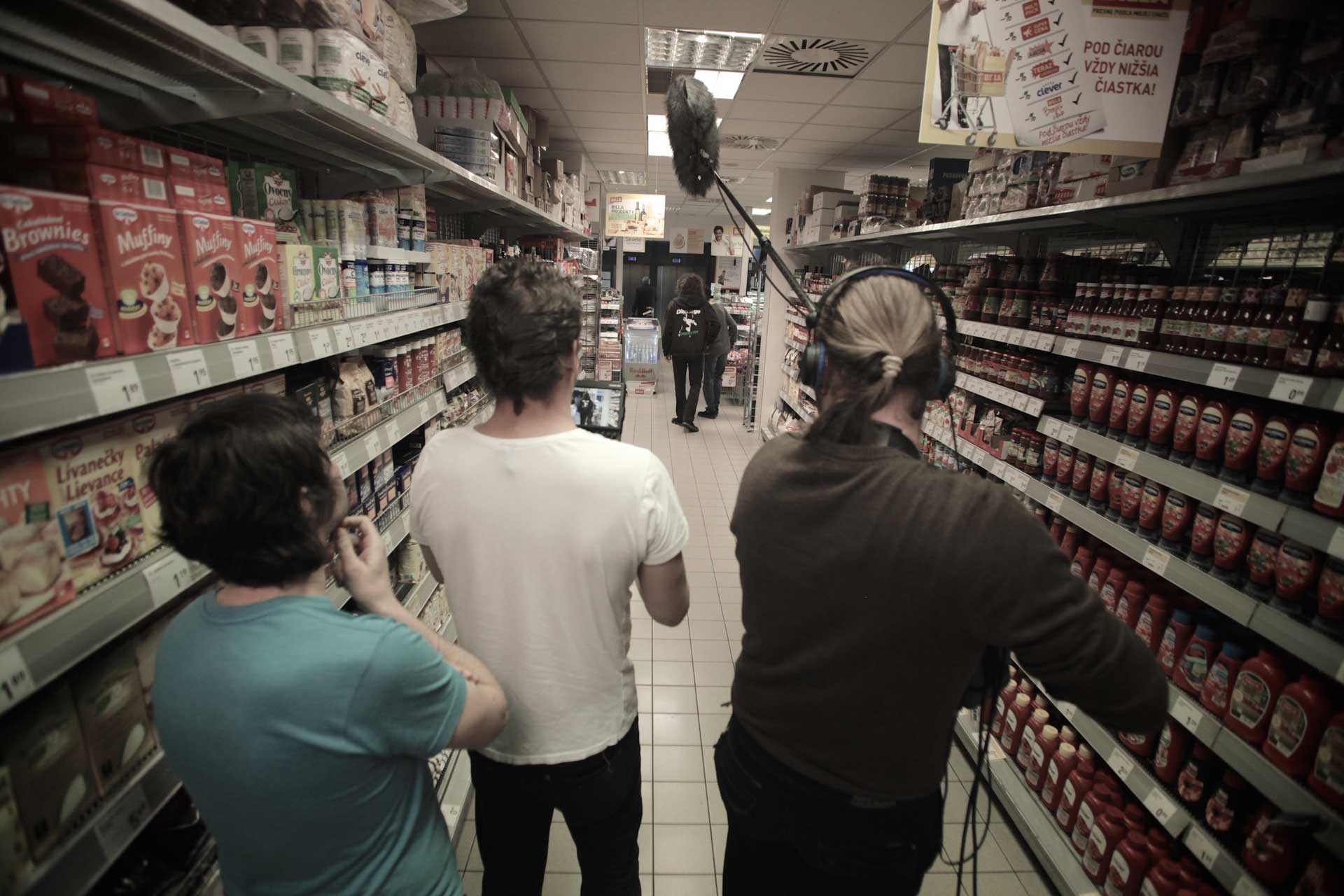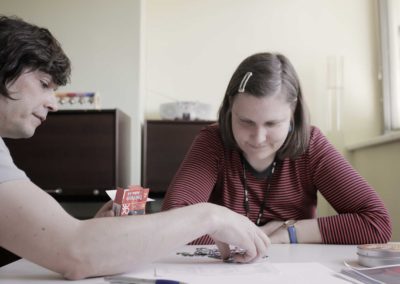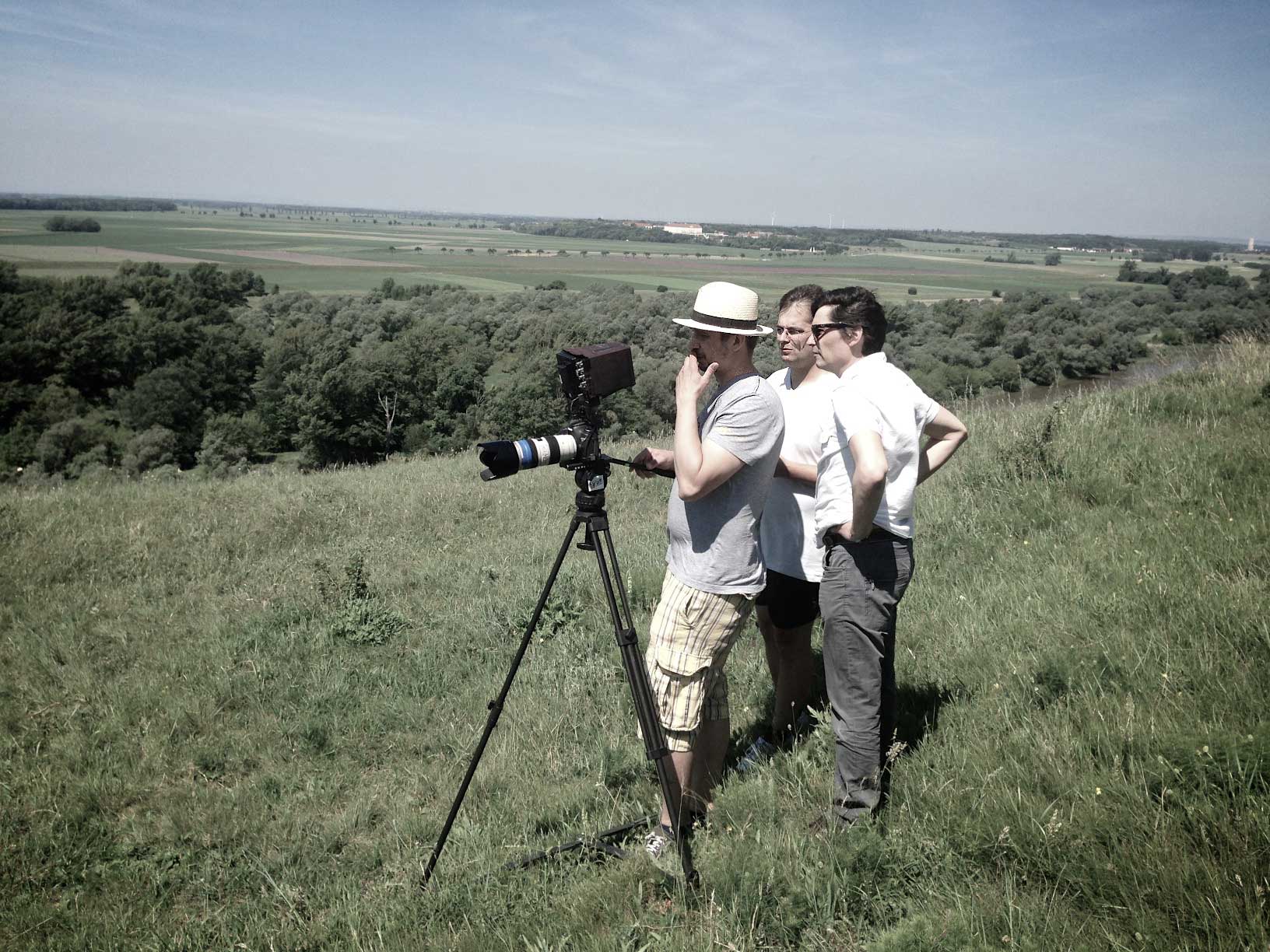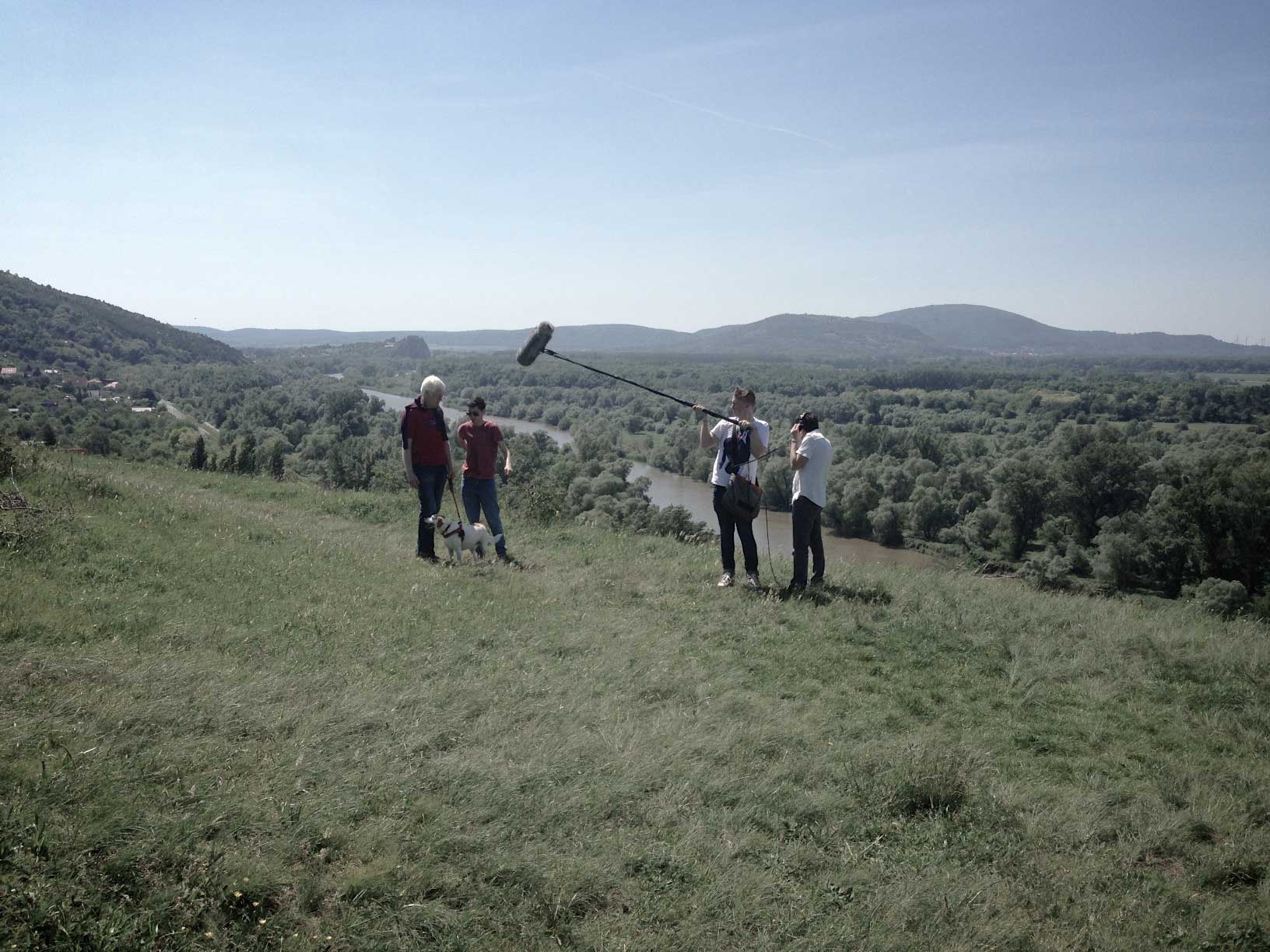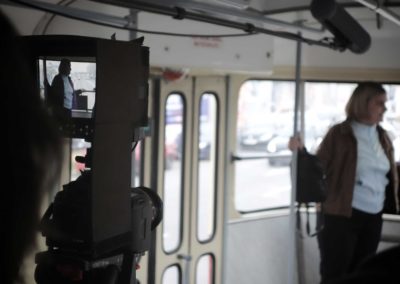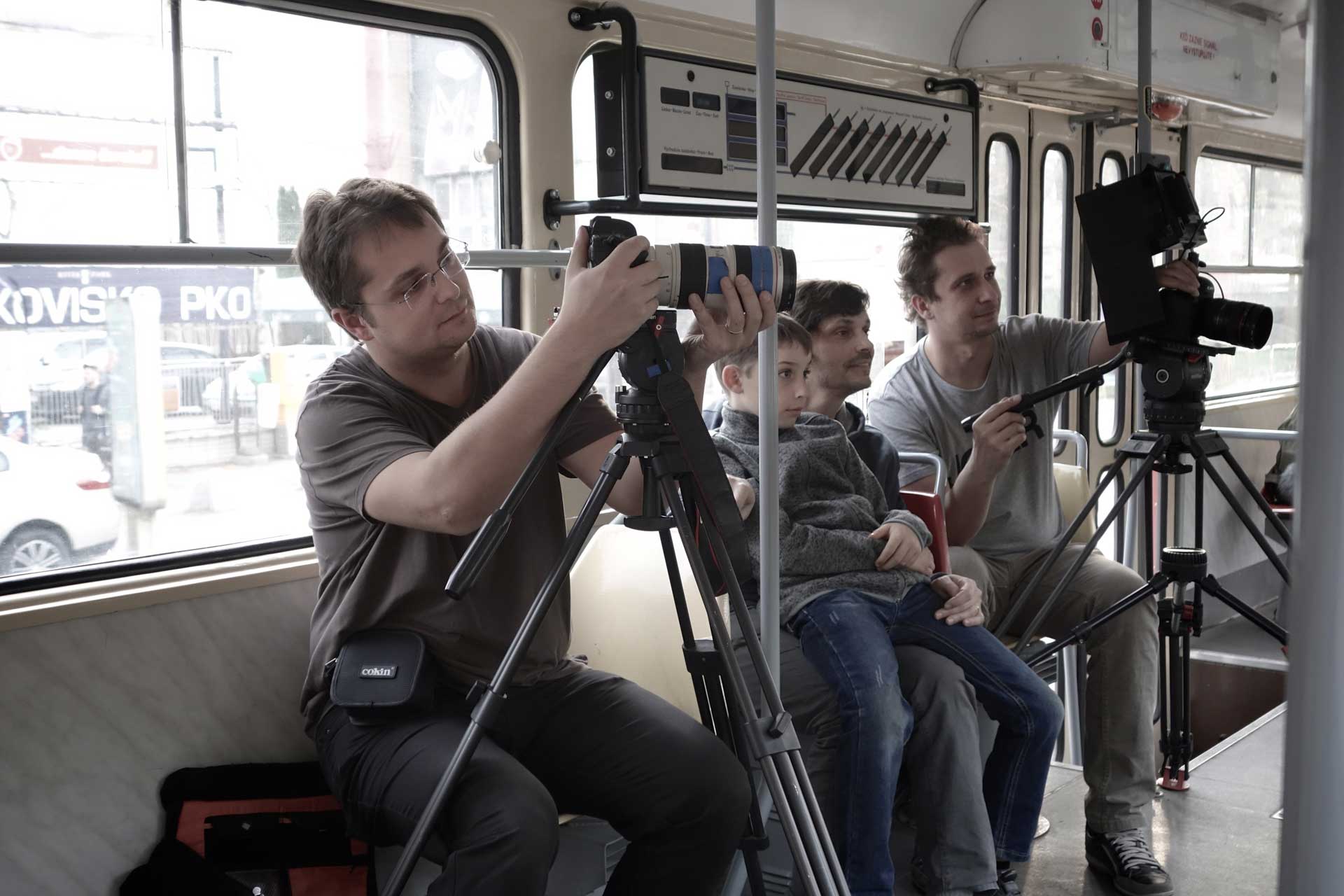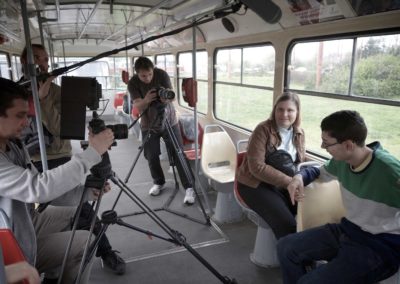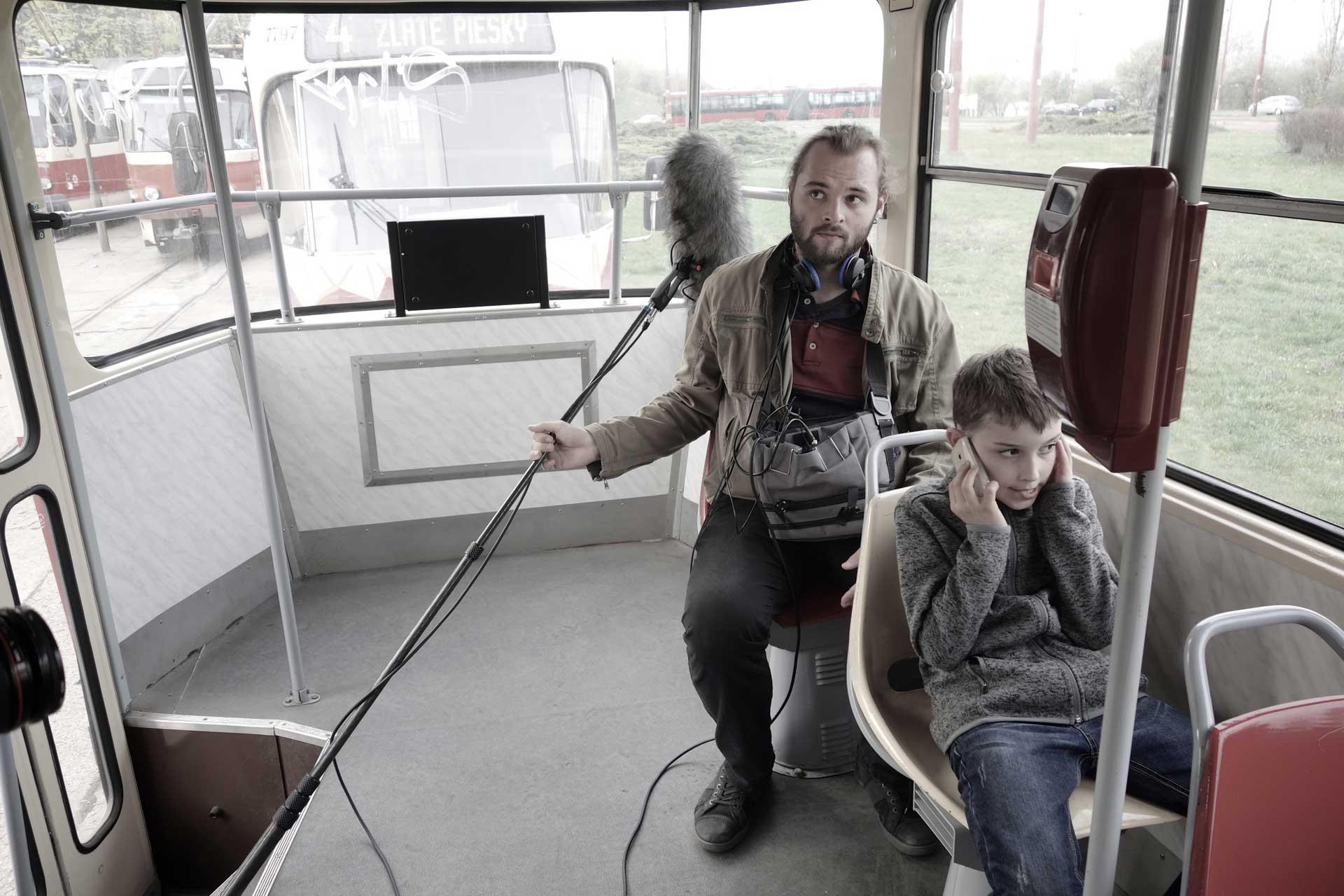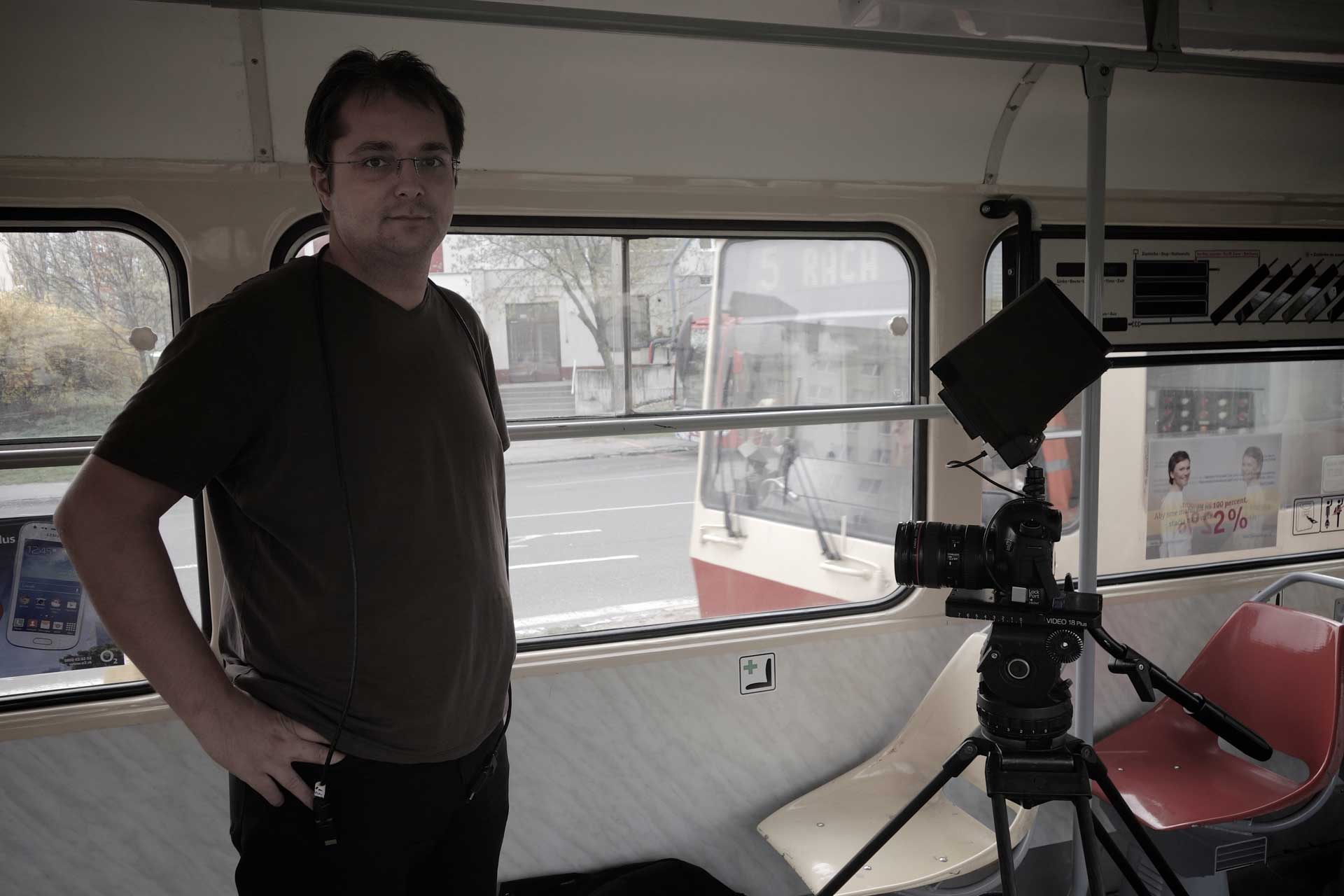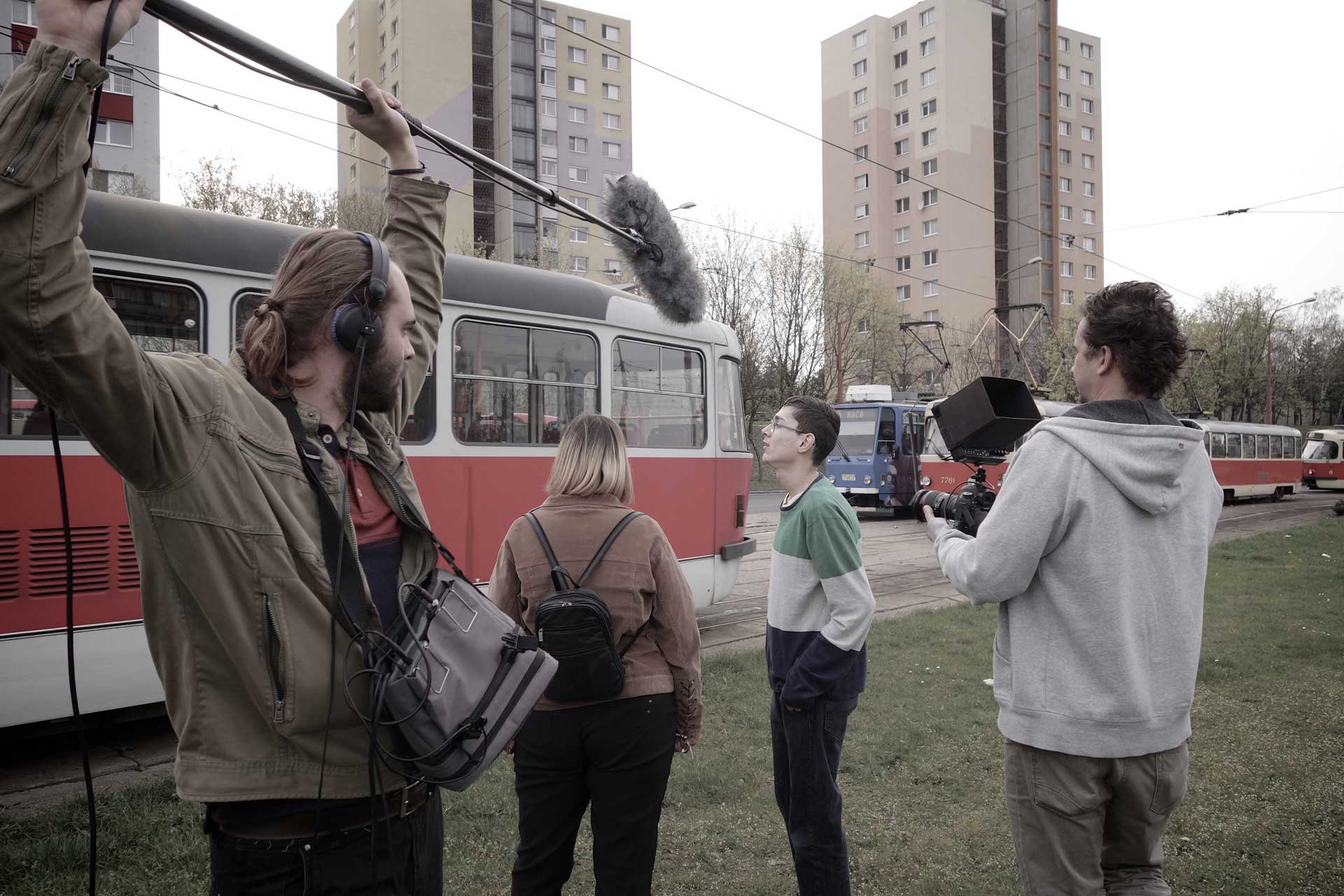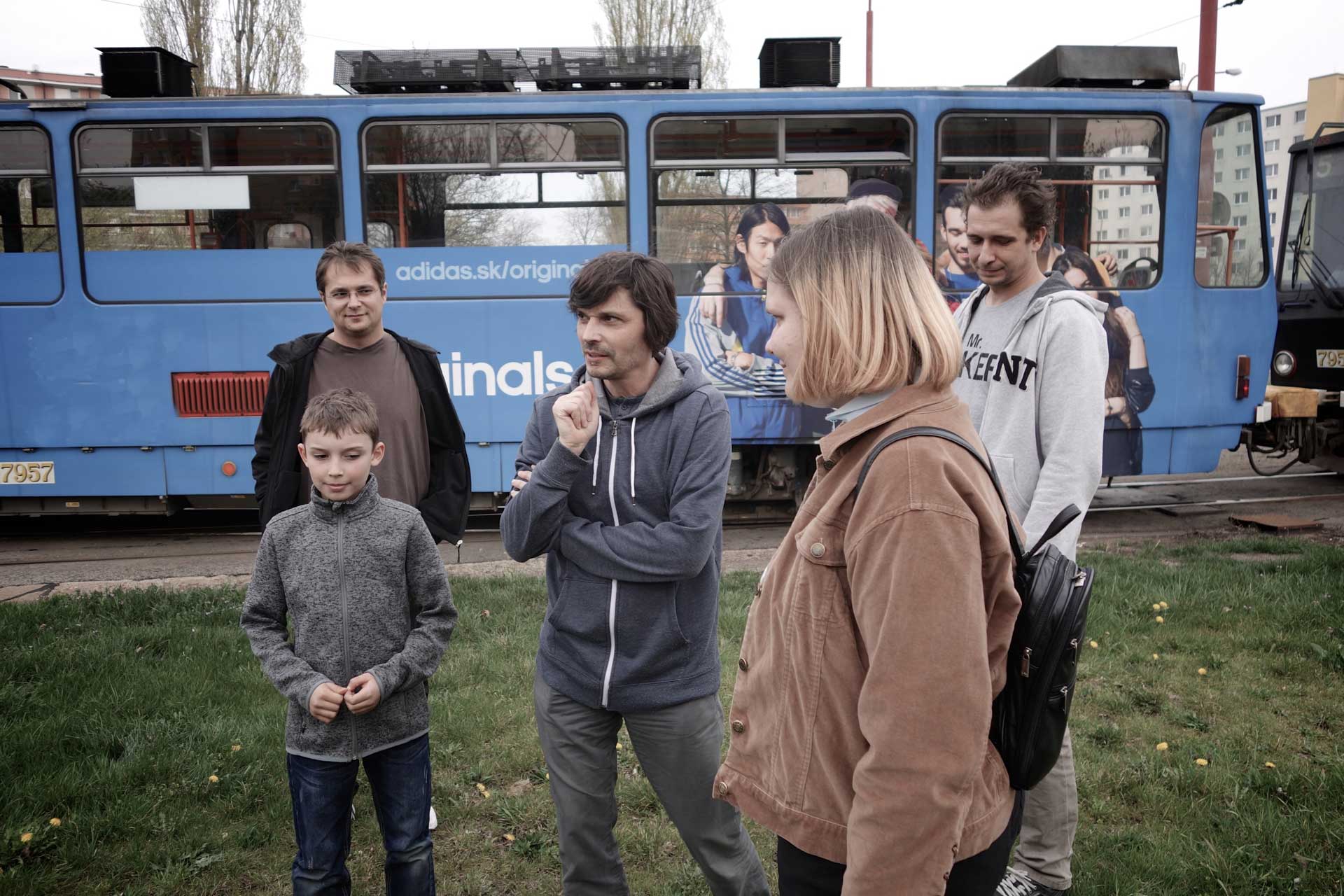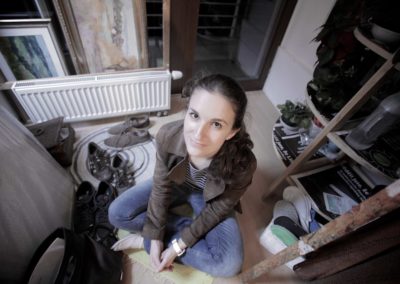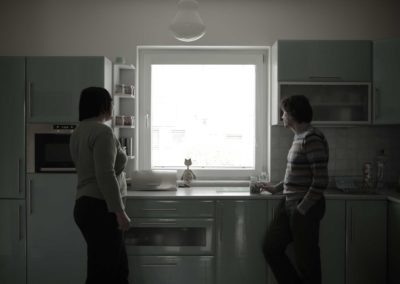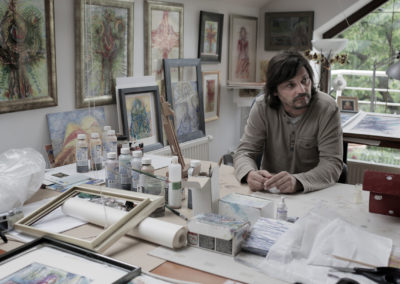ABOUT MOVIE
The film contemplates the coexistence of autistic children with their parents. It strives to find new ways of looking at this serious disorder of the human psyche. It debunks generally held stereotypes about this disorder and takes up parents‘ issues as well as love between people with autism.
The film offers a look into the lives of people with autism while challenging generally held opinions in society about this developmental disorder. This is an unusual film about the environment in families with autistic children, which reveals the day-to-day challenge of life with them. It is not, however, built on dialogue and testimony, but on specific, naturally occurring situations in which it contemplates the issues of familial and romantic love for people with autism. The documentary was made over the course of seven years in cooperation with a nonprofit organization called the Andreas Autism Centre, which provides expert and comprehensive support to people with autism, as well as to their families.
VIDEOS
TRAILER
TEASER
PRESSKIT
SYNOPSIS
DIRECTOR’S COMMENTS
As the parents of these children have realized, I too came to understand with time that it’s not possible to penetrate the world of autism. The only way is to observe it from the outside, get close to it through the children’s relationships with their surroundings and their loved ones. I tried to shoot what is different about life for autistic people, what distinguishes their ordinary existence from ours. People with autism have their needs and it is a question of how the families around them fulfil these needs and to what extent it influences their own lives. One interesting discovery was that these children’s parents had understood that they have to forget about medicines, forget about various treatment methods and try to create the kind of environment that these children need the most, where they feel the best.
For this reason, the film So Far, So Near is about the creation of special relationships between those with autism, their families and the people around them. This symbiosis is often about the denial of one’s own personal needs in favour of the needs of the autistic person. I strived to choose protagonists with various types of autism so that I could create a multi-coloured and more three-dimensional picture of this disorder, which defies (often distorted) generalization. Autism is not about being a genius, being gifted or being totally withdrawn. The relationship of parents to an autistic child is above all about sacrifice and difficult everyday care.
Jaro Vojtek
CO-PRODUCERS’ COMMENTS
To the rest of us, who had until then had no experience with this subject, the plan seemed too bold. But when we thought more deeply about it, we had to admit that it was just the thing needed to enlighten people. It happened then and happens to this day that people’s consciousness and image of those who have the disorder is significantly distorted. There is an opinion that it is now a modern diagnosis and the number of those diagnosed is growing thanks only to better diagnostic methods. But this cannot be entirely true, since statistics in the world are alarming and indicate a incidence of one child in 100 born as compared to one in 5,000 15-20 years ago. We often meet with another opinion – that these are gifted children who have certain ingenious gifts and capabilities, which we just have to find in them. The film Rainman partially contributed to this distorted point of view. It was one of the first that dealt with this diagnosis on a global scale, but it only presented highly functioning autism in the tiniest representative case. Everyday life with autism is, to a very high degree, diametrically different from the story in the film. It often exists alongside mental retardation, metabolic disorders, aggression and auto-aggression. Causal treatment of autism, despite years-long research efforts, does not exist and the only thing available is behavioural approaches for improving these people’s quality of life and developing their ability to communicate with their surroundings.
In addition to our colleague Martina, to whom we say a big THANK YOU, there were other people on the path to today’s introduction of this film onto the market. Without these people, we would have had trouble orienting ourselves in an area that was new to us. For a nonprofit organization, taking on the role of producer was biting off more than we could chew. So we took Jaro Vojtek’s advice and decided to work together with the production firm AH Production. Thus, our cooperation with producer Barbara Harumova Hessova began. During seven long years, while our long and time-consuming project gradually took shape and became what it is today, lovely friendships also emerged between all of those who took part in the film’s creation. We felt their strong support, for which we are extremely grateful.
Today I am very excited that seven years after we first met with director Jaro Vojtek, a documentary film that strives to bring life with autism in Slovak families closer to the viewer has actually arrived. I believe that in addition to being educational, it will also be a platform for further discussion about this society wide problem that is growing at an alarming rate.
Kateřina Nakládalová
PRODUCER’S COMMENTS
Barbara Harumová Hessová
CREDITS
Production and distribution of this film was financially supported by
With financial support of the Ministry of culture of the Slovak republic
Autism (from the Greek “autos” – self, “ism” – orientation) means an active withdrawal from external reality into an inner, imaginary world. Autism is not a disease, but a developmental disorder. All forms of it have one thing in common: social behaviour and communication are disrupted. For this reason, it’s difficult for many parents to develop an emotional connection with their autistic child.
AH production
in coproduction with Andreas
and RTVS – Slovak Television and Radio
present a documentary film
So Far, So Near
Silvia, highly functional autism
Jakub, infantile autism
Milan, atypical autism
Andrej, autism
Closing credits
Sincere thanks to performers
Nakládal family
Széher family
Šóth family
Vyskočil family
Štubňa family
Filip Duba
Laimon Šalnaite
Simon Provost
Ivana Kuliffayová
Valéria Slivková
Kleno family
Special thanks
Bohm family
Róbert Dando
Sky Color Foto
rodina Podolská
Karin Brániková
Mons. Hajdu Arcibiskupský úrad Bratislavská arcidiecéza
Marek Vadrna
Magdaléna Kusá
Mária Štubňová SPOSA
Martina Rumannova
manager and sellers from grocery
workers of chair lift Kamzík
workers of Dopravný podnik Bratislava
Jana Janusová
Branislav Nágl
Nemocnica sv. Michala Bratislava
Vincent Vojtek
Zuzka Vojteková
Martin Muráni Kino X Stupava
Etela Hessová
Wilhelm Hess
Michal “EGO” Straka
Robert Burian
Gabriel Štanga
Jaromír Nohavica
Anna Harumová
Pavol Harum
Ivo Brachtl
František Palonder
Marián Petro
Dušan Trančík
Leo Štefankovič
Dagmar Franzenová
Darina Horáková
Martin Šmatlák
Bohumil Martinák
Thanks for the kind consent of the right holders for music and archival materials
In the film were used family archives of Nakládal, Šóth and Vyskočil family
Archives of “the whole Slovakia will help”
Krištáľové krídlo – Mária Vaškovičová
Archival music
song: Převez mě, příteli
album: Doma
authors: Jaromír Nohavica
song: Ako ty
band: Cliché
album: Do každej domácnosti
authors: Juraj Podmanický Filip Goldberger
song: Žijeme len raz
band: EGO ft Robert Burian
autor hudby a textu: Robert Burian, Michal Straka
story: Jaro Vojtek
screenplay: Jaro Vojtek, Marek Leščák
dramaturge: Marek Leščák
dramaturge RTVS: Mária Šnircová
music composed by: Michal Nejtek
boom operators: Dušan Kozák, Tobiáš Potočný, Adam Kuchta, Peter Harum, Sašo Bori,
Michal Paluga
sound design and mix: Dušan Kozák
dolby sound mixing by: Bohumil Martinák
grading: Peter Harum
editor: Peter Harum
dop: Noro Hudec ASK, Jaro Vojtek
technical support: Peter Harum
english subtitles: Janet Livingstone
dramaturge of english subtitles: Anna Kareninová
production manager AH production: Barbara Harumová Hessová
production Andreas: Lucia Gvozdjaková
production RTVS: Ivana Zlatňanská
production manager RTVS: Tibor Horváth
head dramaturge RTVS: Miroslava Tomaníková
coproducer Andreas: Kateřina Nakládalová
producer AH production: Barbara Harumová Hessová
director: Jaro Vojtek
Production and distribution of this film was financially supported by
With financial support of the Ministry of culture of the Slovak republic
©
AH production, s.r.o.
Andreas n.o.
RTVS – Rozhlas a televízia Slovenska
2014
www.takdalekotakblizko.sk
TECHNICAL DETAILS
| Title: | So far, so near | |
| Original language: | slovak | |
| Subtitles: | english | |
| Running time: | 80 minutes | |
| Film format: | 1920×1080 25p, 16:9, COLOUR | |
| Medium: | DCP 25p, Blu-ray, DVD | |
| Sound: | 5.1 | |
| Genre: | Documentary | |
| Year of premiere: | 2015 | |
| Year of production: | 2014 | |
| Distribution premiere: | 2.4.2015 | |
| Copyright: | AH production, Andreas n.o., RTVS | |
| Oficial website: | www.takdalekotakblizko.sk | |
| Facebook: | facebook.com/takdalekotakblizko |
AUTISM
Silvia
Milan
Jakub
Andrej
ASPERGER’S SYNDROME
People with Asperger’s Syndrome live normally among us. They study, work and start families…”Except” that they receive and process information differently. They are often labeled as odd, “badly brought up” or less socially adept because of an inability to understand how others think, to predict others’ behavior or because of insufficient social skills. Similar to people with infantile autism, they tend to be sensitive to sensory input (noise, light, smells, tastes). People with Asperger’s Syndrome can be gifted in certain areas and can excel in mathematics, literature, logical thinking or musical composing. Many well-known personalities from history, such as Albert Einstein or Andy Warhol, had Asperger’s Syndrome.
INFANTILE AUTISM
People with infantile autism experience the most significant difficulties in relationships with others and in understanding those relationships. They are unable to communicate their needs or desires and thus express them in their “own” way. In an effort to be understood and to achieve a feeling of security in the world and in relationships, they exhibit various repeated behaviors, make strange movements and create rituals for themselves, so that the world becomes more predictable for them. For this reason, they can better orient themselves according to what they see rather than what is said. They react differently, often very sensitively, to sensory stimuli around us (noise, light, touch…). People with infantile autism are not able to function independently in adulthood. They require special lifelong care and education, thanks to which they are able to understand to a certain extent “our world” or fragments of it.
HIGH-FUNCTIONING AUTISM
High-functioning autism is among the “less severe” types of infantile autism and is often called Asperger’s Syndrome. When compared with Asperger’s Syndrome however, people with high-functioning autism have much more significant difficulties in social relationships and communication, lower intellect and a greater need for assistance in everyday life.
ATYPICAL AUTISM
This type of autism is different from infantile autism in that a child’s problems appear simultaneously in all three of the areas mentioned (relationships, communication and interests), or the first signs of it can appear after the third year of a child’s life.

